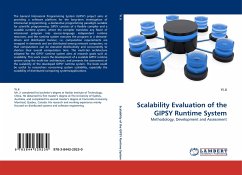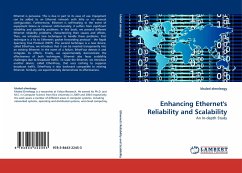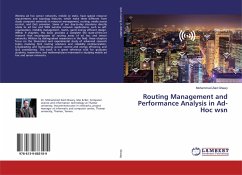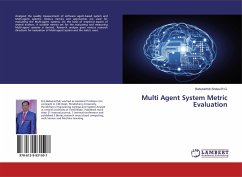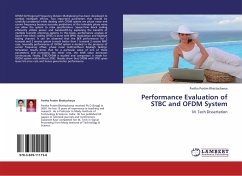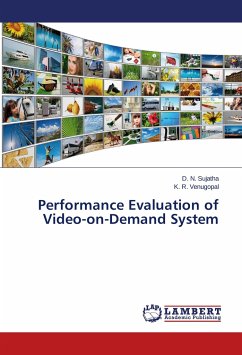The General Intensional Programming System (GIPSY) project aims at providing a software platform for the long-term investigation of intensional programming, a declarative programming paradigm suitable for scientific programming. GIPSY consists of a flexible compiler and a scalable runtime system, where the compiler translates any flavor of intensional program into source-language independent runtime resources, and the runtime system executes the program in a demand-driven and distributed manner, i.e. computation requirements are wrapped in demands and are distributed among network computers, so that computations can be executed distributively and concurrently to shorten their overall computation time. The multi-tier architecture adopted for the GIPSY runtime system aims at research goals such as scalability. This work covers the development of a scalable GIPSY runtime system using the multi-tier architecture, and presents the assessment of the scalability of the developed GIPSY runtime system. The book could be useful to researchers concerning system scalability, especially the scalability of distributed computing systems/applications.

